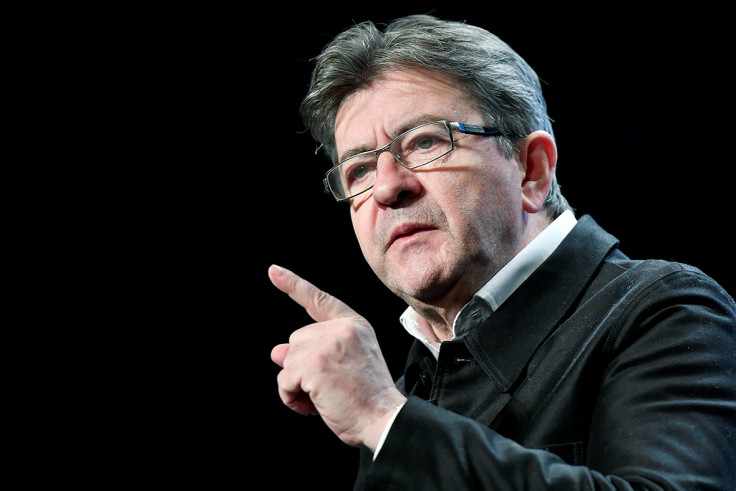Who is Jean-Luc Melenchon? French left-winger wants to see a 32-hour working week
Melenchon has risen steadily as a serious contender in France's upcoming presidential election.

For the past four decades in France, the two-round presidential election has traditionally been disputed between the centre-left and the centre-right coalitions.
The survival of France's largest left-wing party candidate Benoît Hamon further came into question yesterday after Socialist Party heavyweight and former Prime Minister Manuel Valls announced he would back independent centrist candidate Emmanuel Macron instead of his own party's candidate.
Jean-Luc Melenchon Fact file
Born: August 1951
Place of birth: Tangier, Morocco
Current position: Candidate for the 'France Insoumise' coalition
Launched the Parti de Gauche (Left Party) in 2009
As Macron continues to fight it out with Front National leader Marine Le Pen, radical leftwinger Jean-Luc Melenchon has risen steadily as a serious contender.
Who is Jean-Luc Melenchon?
Melenchon was born in 1951 in Morocco, where his parents – both of them born in Algeria – were working.
In 1962, after his parents Georges and Jeanine divorced, Melenchon left Morocco for France, following his mother to the Jura, in eastern France.
Melenchon's first steps in the political arena came in 1968, when he was one of the leaders of the striking students of the Rouget-de-Lisle high school in Lons-le-Saunier during the student revolt of May 1968. A year later, after he graduated with a baccalaureat, he joined the National Students' Union of France (UNEF).
While studying for a degree in Philosophy, Melenchon worked as a spell-checker for a watch company and in a gas station. When divergences emerged within the UNEF, Melenchon moved closer to the Internationalist Communist Organisation (OCI)'s Trotskyist movement.
In the 1970s, Melenchon actively participated in struggle by workers and students in the Jura, using the nom-de-guerre 'Santerre'. After breaking up with the communist organisation, Melenchon joined the Socialist Party in 1976, when he became a full-time French teacher.
A strong supporter of the late President François Mitterrand, Melenchon undertook multiple local and regional roles for the Socialist Party and was elected Senator in 1986.
Melenchon, the radical outsider redefining France's left
The left-winger, however, became a vocal critic of the policy of openness led by Mitterand during his second mandate, and criticised the party's "soft left".
He served as Minister delegate of Vocational Education between 2000 and 2002 in the cohabitation government of Lionel Jospin, who was prime minister under President Jacques Chirac from 1997 to 2002.
Flirting with Trotskyist ideas, Melenchon repeatedly went against the Socialist Party's mainstream agenda and ideas – especially regarding European Union integration – and in November 2008 he and colleague Marc Dolez announced their resignation from the party "by loyalty to their commitments".
Based on the German left-wing Die Linke party, their hard-left Parti de Gauche (PG) was officially founded in February 2009. Under the PG banner, Melenchon ran for the 2012 elections, when he finished fourth behind Francois Hollande, Nicolas Sarkozy and Marine Le Pen with 11.1% of the votes.
Known for his fiery speeches, the "candidate of the people" has pledged to focus on redistributing wealth and increasing the minimum wage and taxes for high incomes. Backed by the Communist Party, Melenchon has also committed to lowering the retirement age to 60 and reducing working hours to 32 hours per week.
Commentators believe Melenchon, who has been rallying voters frustrated by President Hollande's policies and other disaffected left-wing supporters, could create a surprise result in the first round. However, a lukewarm electoral campaign and Le Pen's steady rise means the chances of him making it to the second round are slim.
© Copyright IBTimes 2025. All rights reserved.






















